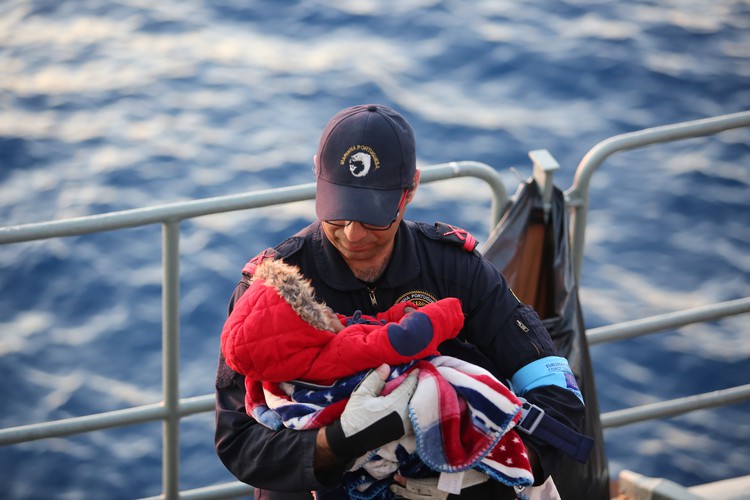388 suspected traffickers were arrested and 249
potential victims identified in a Europe-wide joint action day targeting child
trafficking. The action, which took place on 5-11 October, was coordinated by Frontex,
Europol, the United
Kingdom, Portugal and Spain, as well as nine other EU countries.
A wide range of law enforcement authorities
including police, immigration and border control agencies, transport police,
social assistance and child protection services and labour inspectorates
participated in the joint action.
As a result, 388 suspects were arrested, 19
additional ones identified and 40 new investigations were started. Overall, the
participating countries identified 249 potential victims of human trafficking,
61 of which were confirmed to be minors, the ages of 107 victims have not yet
been determined.
The involved national authorities focused on
border crossings and main transport hubs to identify potential victims and
suspects of human trafficking. Each country adapted the activities according to
the forms of child trafficking which were nationally prevalent.
More than 5 380 officers were involved in the
operation, checking thousands of people, documents and cars in just seven days.
As trafficking in human beings
often takes place across borders, border guards play a crucial role in
identifying potential victims. One of the tools is the training of border
guards. Frontex has been active in this field for years in cooperation with
specialised UN agencies and NGOs, producing handbooks for border guards on how
to detect potential victims and refer for assistance.
As part of the action, Frontex supported the
participating countries with tailored risk profiles designed together with the
participants for this specific action to help spot potential victims. On top of
that, Frontex activated cross-border crime detection officers deployed by the
agency at the external borders.
The following
countries took part in the action: Austria, Belgium, Croatia, Cyprus, Germany,
Lithuania, Portugal, Romania, Slovenia, Spain, the Netherlands and the United
Kingdom.

